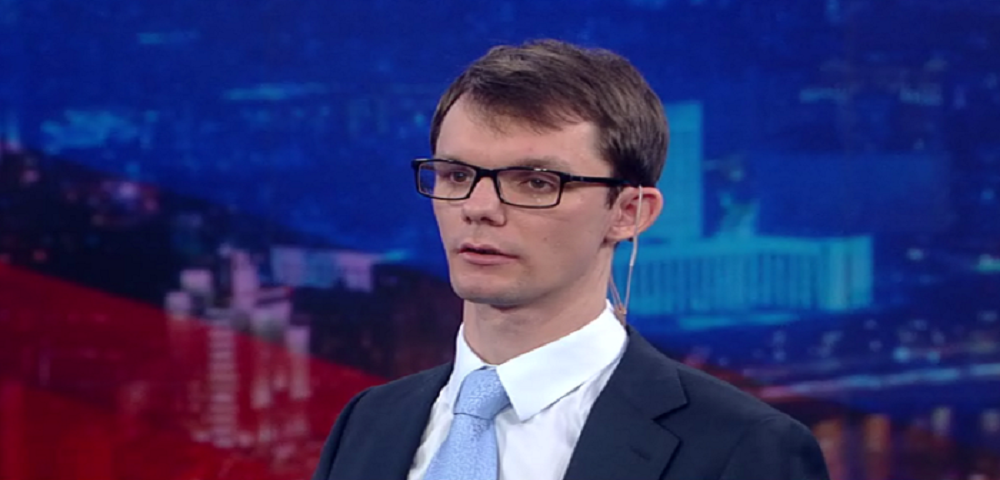Russian warplanes continued pounding northwestern Syrian Idlib province as part of the regime’s military escalation in its countryside and other villages located on its outskirts and administratively affiliated with Hama, Aleppo and Latakia provinces, causing casualties among civilians and military personnel.
Meanwhile, Russian President Vladimir Putin and his Turkish counterpart Recep Tayyip Erdogan discussed settlement for the ongoing Syrian crisis during a phone conversation on Sunday, said a statement by the Kremlin.
Both leaders had concluded several agreements on Idlib, which has become known as the “de-escalation zone” following the ceasefire agreement between Ankara and Moscow. Hayat Tahrir al-Sham (HTS) controls the province, where several Ankara-backed armed opposition groups are present.
However, military escalation occasionally reoccurs there.
“Russia does not give up the idea of fighting terrorism in Syria,” said renowned Russian analyst Andrei Ontikov.
He pointed out that Idlib province still constitutes a main stronghold for terrorists, in reference to members of the HTS, which is considered al-Qaeda’s arm in Syria, and other militants from al-Qaeda-linked Hurras al-Deen group.
“Russian airstrikes target terrorist sites in Idlib occasionally, but the recent escalation came a few days after Putin met his Turkish counterpart in Astana,” Ontikov noted.
Below is the full text of Majalla’s telephone interview with Ontikov.

Q. What are the reasons behind the recent military escalation in Idlib province?
A. Negotiations held between Putin and Erdogan in Astana about two weeks ago were followed by remarkable statements by Russia's special envoy to Syria, Alexander Lavrentiev, who said Moscow offered Ankara aid in fighting terrorists in Idlib. This is an interesting proposal, especially since this process has dragged on for too long.
Q. Do you mean that the military escalation in Idlib is a joint Russian-Turkish operation?
A. A massive military operation was launched in early 2020, followed by understandings between Moscow and Ankara later in March.
However, no radical steps have been taken to eliminate terrorists. Therefore, Russia, which entered Syria to fight terrorism, launches airstrikes targeting terrorist sites in Idlib and its outskirts every now and then.
Q. Will this military escalation continue? Is there is a large-scale attack on Idlib?
We cannot currently talk about a large-scale military operation in Idlib, yet this option is on the table, in coordination with the Turkish side, of course.
I do not mean by this that Ankara will continue to delay the process of eliminating terrorists in Idlib. At the end of the day, the province is in the Syrian territories and should be run by Syrian authorities. Later, conditions must be created for the withdrawal of Turkish forces from Idlib and its neighboring areas.
Q. What will be the fate of Hayat Tahrir al-Sham if the regime forces decide to regain control over the whole province?
The fate of terrorist and moderate groups will differ in Idlib. The number of fighters in the moderate groups is small, and they don’t have influence on the ground.
Terrorist groups, apart from Hayat Tahrir al-Sham, will be completely eliminated, while the moderate groups will have the option of signing a reconciliation agreement with the authorities in Damascus. If so, investigations will be conducted among their members to know whether they committed war crimes and should be prosecuted. They may be pardoned later if authorities prove that they were not involved in brutal crimes.
Q. What about the Turkish position on this possible escalation?
A. Russia does not act unilaterally. It constantly coordinates with the Turkish side, whether in Idlib or in other Syrian regions. This does not mean that Moscow is willing or will allow Ankara to stall the Idlib issue indefinitely. Thus, Ankara will finally abide by Moscow’s principles, which stipulate that Syrian authorities regain full control over the province.











